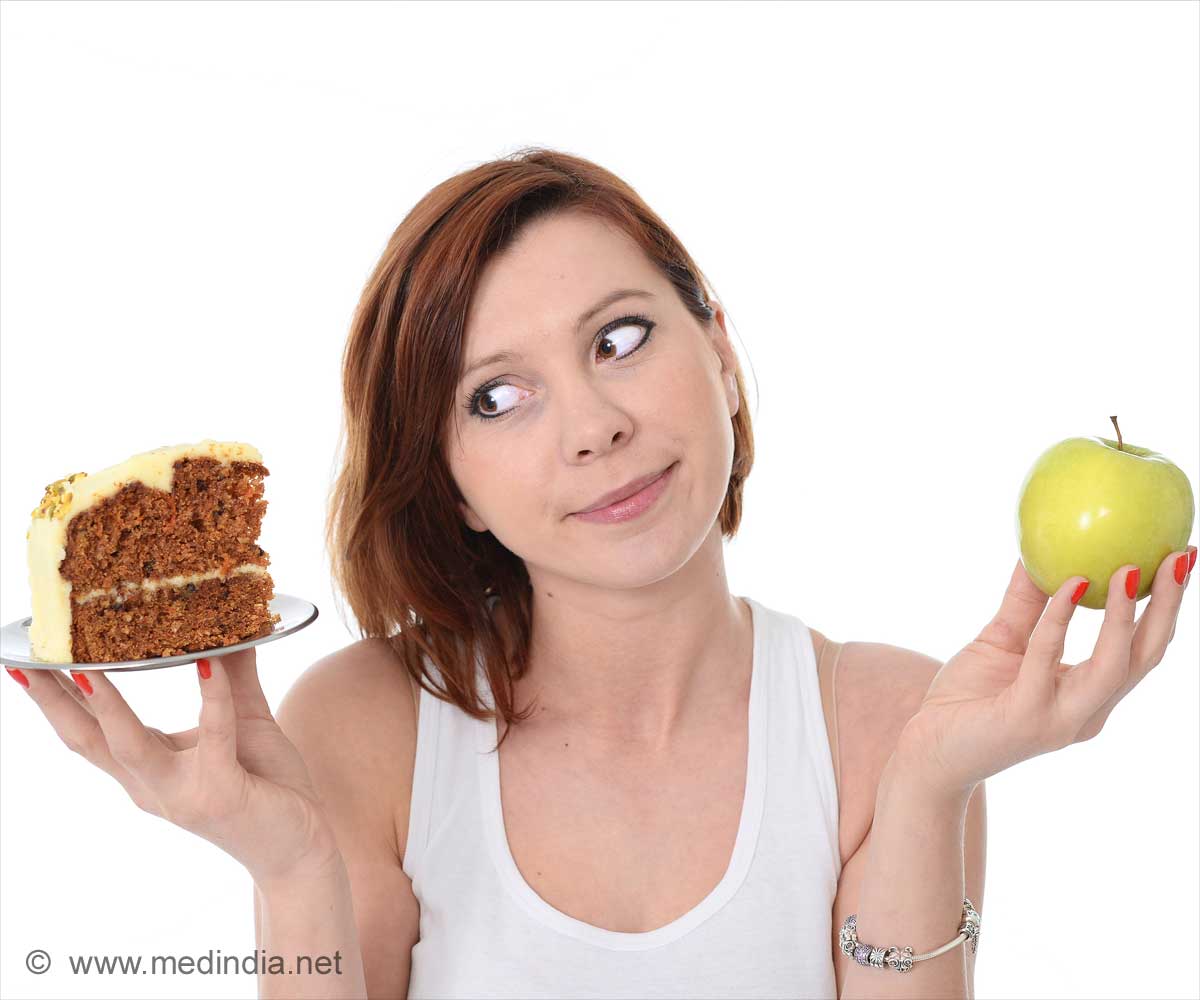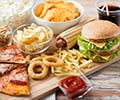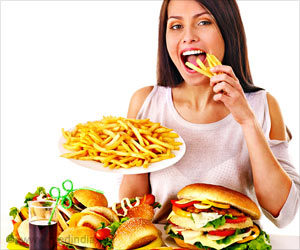Why do we crave junk food? It's not just willpower- your brain's reward system is wired to make you want more.

- Junk food cravings are driven by brain chemistry, making it challenging to resist without mindful strategies
- Ultra-processed foods can disrupt gut health, leading to increased stress and anxiety over time
- Simple changes, like staying hydrated and choosing whole foods, can help break the junk food cycle
Soda is bad for you yet your body wants it. Why?
Go to source).
Fast-food companies spend millions perfecting the crunch and color of your favorite snacks to keep you coming back for more! #healthyeating #wellness #medindia’
Why Your Brain Loves Junk Food More Than Broccoli
If you have ever wondered why you reach for a donut over a salad, the answer lies in your brain's pleasure centers. Our ancestors had to survive in environments where food was scarce, so they were hardwired to seek out energy-dense foods packed with calories, fats, and sugars. But back then, these foods were natural- think fruits, nuts, and seeds. Fast forward to today, and the food landscape has changed dramatically.Now, instead of natural energy-dense options, we are surrounded by ultra-processed foods designed to be addictive. These foods are engineered to hit the perfect combination of sugar, fat, and salt, triggering the release of dopamine, the "feel-good" neurotransmitter. This dopamine rush not only makes us feel great in the short term but also reinforces our cravings, creating a vicious cycle that’s hard to break.
Dopamine, Ghrelin, and Serotonin: The Trio Behind Your Cravings
When you bite into that piece of chocolate cake, your brain is flooded with dopamine, making you feel fantastic- at least for a little while. But here’s the kicker: the more you indulge in these treats, the more your brain craves them, thanks to what is known as the dopamine reward circuit. This circuit is also activated by other addictive substances, such as cocaine, which explains why breaking free from junk food can feel like an uphill battle.And it’s not just dopamine at play. When you are hungry, your stomach releases ghrelin, often called the "hunger hormone." This hormone does not just make you hungry; it specifically drives you to seek out calorie-dense junk food. Once you satisfy your craving, dopamine is released again, reinforcing the habit.
But wait, there is more. Another player in this game is serotonin, the "happiness hormone." High-carb foods can temporarily boost serotonin levels, improving your mood. However, this is often followed by a crash, leaving you feeling anxious and low, which only drives you back to the snack cupboard in search of another quick fix.
Downside of Ultra-Processed Foods: Mental Health and Beyond
While indulging in junk food may make you feel good temporarily, the long-term consequences are far less rosy. Over time, a diet high in ultra-processed foods can deplete your gut microbiota, which plays a critical role in your overall health, including mental well-being. A disrupted gut can lead to increased inflammation, lower mood, and even anxiety. Plus, these foods can make you more prone to stress, which ironically leads you to crave even more junk food- a vicious cycle, indeed.Another sneaky aspect of junk food is its ability to mess with your hormones. Leptin, the hormone responsible for telling your body to stop eating, can become less effective the more you indulge in processed foods. This can lead to leptin resistance, making it harder for you to recognize when you’re full and leading to overeating.
Why Junk Food is So Hard to Resist (And It’s Not Just Willpower)
Ever notice how no one craves broccoli during a midnight snack attack? That’s because fast-food companies spend millions perfecting the taste, texture, and appearance of their products. They employ food scientists to tweak everything from the crunch factor to the color, making these snacks nearly impossible to resist.But here’s the good news: breaking the junk food cycle is not just about willpower; it’s about making smarter choices. Start by reaching for whole foods over processed ones. For example, instead of grabbing a sugary store-bought orange juice, opt for the whole fruit. This way, you are getting the fiber and nutrients without the added sugars.
Tips to Break the Cycle and Reclaim Your Health
So, how do you kick the junk food habit? Start by hydrating. Often, what we interpret as hunger is actually thirst. Next time a craving hits, try drinking a glass of water first. You might be surprised at how effective this simple trick can be.Another strategy is to plan your meals and snacks in advance. When you have healthy options readily available, you are less likely to reach for junk food. Keep fruits, nuts, and seeds on hand to satisfy your hunger without falling into the ultra-processed trap.
And finally, listen to your body. When you are stressed, your brain’s habit circuits kick in, driving you toward comfort foods. Recognizing this pattern is the first step in breaking it. Instead of reaching for that bag of chips, try a quick walk, some deep breathing exercises, or even a short meditation session to calm your mind.
Reference:
- Soda is bad for you yet your body wants it. Why? - (https://news.harvard.edu/gazette/story/2024/09/why-do-we-crave-junk-food-diet-psychology/)
Source-Medindia














